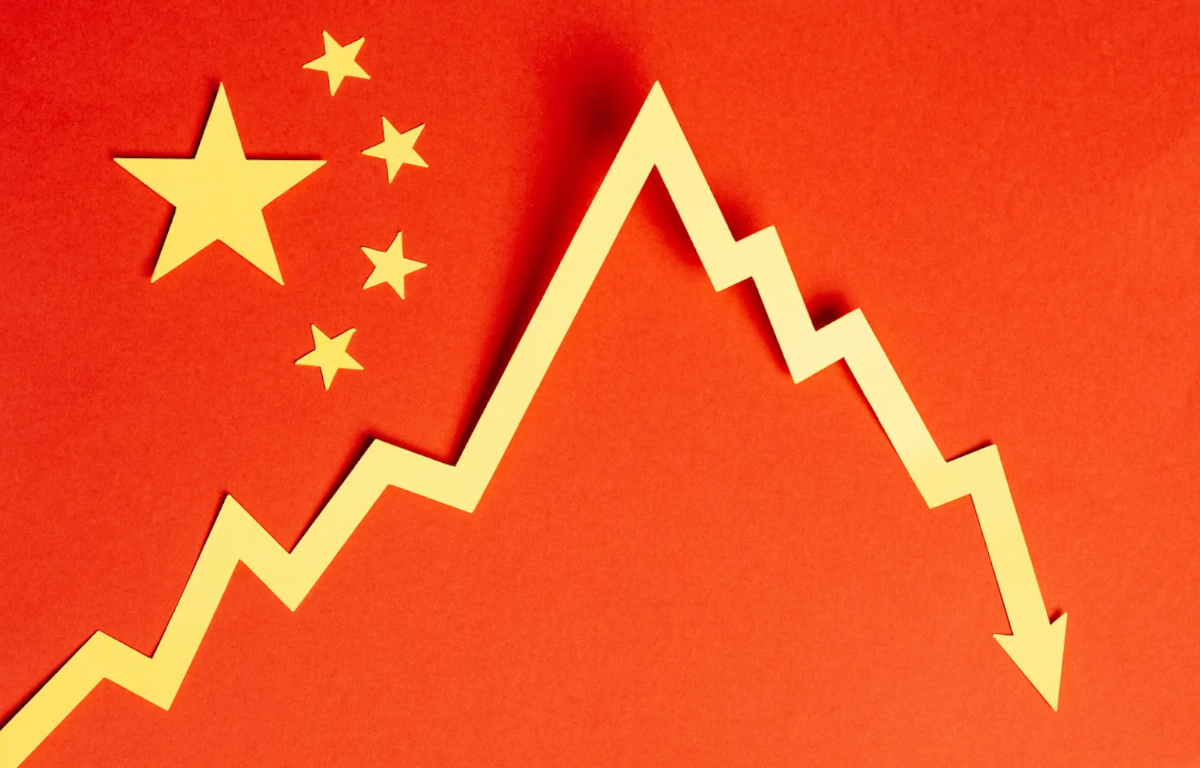
China’s high GDP growth rates have relied on debt-fueled investment. The government implemented stimulus measures, including infrastructure spending and easy credit availability, to maintain economic expansion. While these policies facilitated growth, they also led to a surge in borrowing.
China’s massive infrastructure projects, such as high-speed rail networks and urban development, have been instrumental in its economic strategy. However, financing these projects through borrowing has contributed significantly to the country’s debt burden. Concerns have emerged regarding the sustainability and effectiveness of such extensive infrastructure spending.
Local governments in China have played a key role in financing infrastructure projects. To bypass borrowing restrictions, they established off-balance-sheet financing platforms, leading to hidden debt accumulation. Transparency and financial risks have become concerns, along with potential defaults.
State-owned enterprises receive substantial government support and preferential access to credit, contributing to inefficiencies and high debt levels. Reforming the SOE sector is crucial to address the risks associated with these debt levels and enhance economic efficiency.
China’s credit expansion has given rise to a shadow banking system, encompassing non-bank financial institutions and wealth management products. This has led to off-balance-sheet activities, excessive risk-taking, and potential systemic vulnerabilities, raising concerns about financial stability.
China’s growing debt burden poses challenges to long-term economic stability and financial system resilience. Debt sustainability becomes a crucial concern, as excessive borrowing can hamper future growth prospects. Financial risks, such as non-performing loans and interconnectedness within the economy, require enhanced regulation and deleveraging measures.
Moreover, the impact of China’s debt on global financial markets cannot be overlooked. Given China’s significance in the global economy, a significant debt crisis could transmit shocks to other countries, affecting market volatility and global growth. Addressing these challenges requires comprehensive economic reforms, including strengthened financial supervision, market-oriented reforms, and reduced government intervention.
China’s rapid economic growth and ambitious development goals have led to a substantial accumulation of debt. While debt can support economic expansion, its excessive buildup raises concerns about sustainability, financial stability, and potential global spillover effects. Balancing economic reforms, deleveraging measures, and risk management is crucial for ensuring a stable and sustainable path forward for China’s economy and its role in the global financial landscape.










Share this: